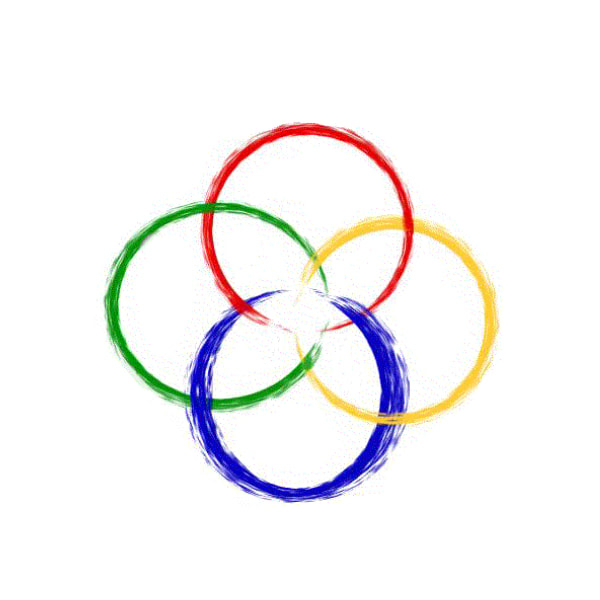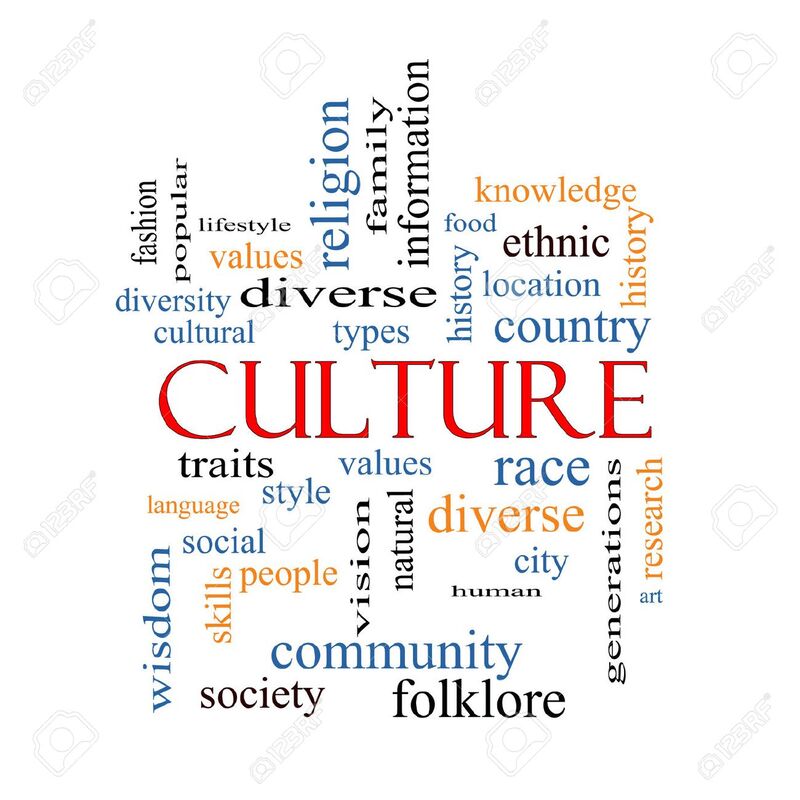Spirituality is central to the ethos of ConSpiritu, as its name suggests: ConSpiritu – “with Spirit.” While the spirituality of the majority of founders of ConSpiritu is firmly rooted in the Judeo-Christian tradition, part of the mission of ConSpiritu is to develop a culture that embodies the Beloved Community and whose constituents practice the variety of religious faiths found in our world. A crucial issue facing our nation as well as our world is how to live hospitably and with integrity with persons of other faiths and spiritual practices. How does a community respect the integrity of the various faith expressions of its members and maintain civility, charity and openness to one another in the midst of religious difference?
Rabbi Michael Lerner, in his book, Spirit Matters, echoes some of the concerns of David Kidner when he states, that “we live in a world where we are encouraged to see other people in terms of how we can use them, the resources of the planet as little more than objects to be consumed, and goodness and love as purely personal and subjective states that have nothing to do with how to organize a society.”(1) What he proposes is an “Emancipatory Spirituality” in which is a “celebration of the wonder of the universe – and the cultivation of our capacities for awe and radical amazement at all that is” and which means “cultivating our capacity to see each other as ends, not means to some other end.” Emancipatory Spirituality affirms the equal worth of every human being, and “seeks the healing and transformation of the world, so that all of our public institutions cooperate to enhance peace, tolerance, cooperation, mutual respect, ecological sanity, social justice, and celebration of the grandeur of the universe.” The practical dimension of this spirituality entails developing a “deep openness to the truth of what is and a capacity to see the potential for transformation in all that is.” This comes from the cultivation of “rich inner lives connected to Spirit and to sustain that connection even through periods of adversity and pain.”(2)
What might such an Emancipatory Spirituality look like in the everyday lives of its practitioners, and more to the point, what might a culture influenced by such a spirituality look like? What would its music, artwork, performances, movies, festivals, religious practices, and social institutions look and feel like? How would its spiritual practices flow out of and into its artistic expressions and out of and into social relationships and connection with the natural world? ConSpiritu will create the cultural forms and artifacts that express an Emancipatory Spirituality, and which serve to reintegrate persons into the natural world, as David Kidner suggests (see comments on the Earth page of this website).
Part of the work of ConSpiritu will be to explore the roots of spirituality and spiritual practice. It will gather religious leaders and practitioners, scholars, performers, seekers and critics to explore new expressions and communities of faith. It will sponsor the creation of new theologies and dharmologies (3) that will express and help shape a culture that is socially engaged, spiritually active and hospitable, and environmentally integrated. In addition, ConSpiritu will sponsor the creation of new liturgical forms and materials, music, educational materials, devotional materials, and art works. It will sponsor performances and art installations that will serve to create this new culture. It will gather the talents, energies, visions and practical experience of Cultural Creatives, artists, religious practitioners, social activists and others into collective investigations of the various ways in which spiritual practices and experiences shape culture at the deepest levels of human existence.
Notes:
Rabbi Michael Lerner, in his book, Spirit Matters, echoes some of the concerns of David Kidner when he states, that “we live in a world where we are encouraged to see other people in terms of how we can use them, the resources of the planet as little more than objects to be consumed, and goodness and love as purely personal and subjective states that have nothing to do with how to organize a society.”(1) What he proposes is an “Emancipatory Spirituality” in which is a “celebration of the wonder of the universe – and the cultivation of our capacities for awe and radical amazement at all that is” and which means “cultivating our capacity to see each other as ends, not means to some other end.” Emancipatory Spirituality affirms the equal worth of every human being, and “seeks the healing and transformation of the world, so that all of our public institutions cooperate to enhance peace, tolerance, cooperation, mutual respect, ecological sanity, social justice, and celebration of the grandeur of the universe.” The practical dimension of this spirituality entails developing a “deep openness to the truth of what is and a capacity to see the potential for transformation in all that is.” This comes from the cultivation of “rich inner lives connected to Spirit and to sustain that connection even through periods of adversity and pain.”(2)
What might such an Emancipatory Spirituality look like in the everyday lives of its practitioners, and more to the point, what might a culture influenced by such a spirituality look like? What would its music, artwork, performances, movies, festivals, religious practices, and social institutions look and feel like? How would its spiritual practices flow out of and into its artistic expressions and out of and into social relationships and connection with the natural world? ConSpiritu will create the cultural forms and artifacts that express an Emancipatory Spirituality, and which serve to reintegrate persons into the natural world, as David Kidner suggests (see comments on the Earth page of this website).
Part of the work of ConSpiritu will be to explore the roots of spirituality and spiritual practice. It will gather religious leaders and practitioners, scholars, performers, seekers and critics to explore new expressions and communities of faith. It will sponsor the creation of new theologies and dharmologies (3) that will express and help shape a culture that is socially engaged, spiritually active and hospitable, and environmentally integrated. In addition, ConSpiritu will sponsor the creation of new liturgical forms and materials, music, educational materials, devotional materials, and art works. It will sponsor performances and art installations that will serve to create this new culture. It will gather the talents, energies, visions and practical experience of Cultural Creatives, artists, religious practitioners, social activists and others into collective investigations of the various ways in which spiritual practices and experiences shape culture at the deepest levels of human existence.
Notes:
- Michael Lerner, Spirit Matters: Global Healing and the Wisdom of the Soul, (Charlottesville, VA: Hampton Roads Publishing Company, 2000), p. 29.
- Ibid., pp. 167-170.
- It is inappropriate to speak of “theology” when talking about Buddhism. Many Buddhist practitioners prefer to speak of “dharmology,” which is reflection upon the nature and function of the Dharma.
What the ConSpiritu logo represents:
The four interlocked circles symbolize the four intersecting concerns of ConSpiritu –
* Earth * Spirit * Arts * Justice
Woven together, the circles symbolize the breathing together and collaboration of those who come together on behalf of the transformation of the world.
The four interlocked circles symbolize the four intersecting concerns of ConSpiritu –
* Earth * Spirit * Arts * Justice
Woven together, the circles symbolize the breathing together and collaboration of those who come together on behalf of the transformation of the world.
Proudly powered by Weebly







